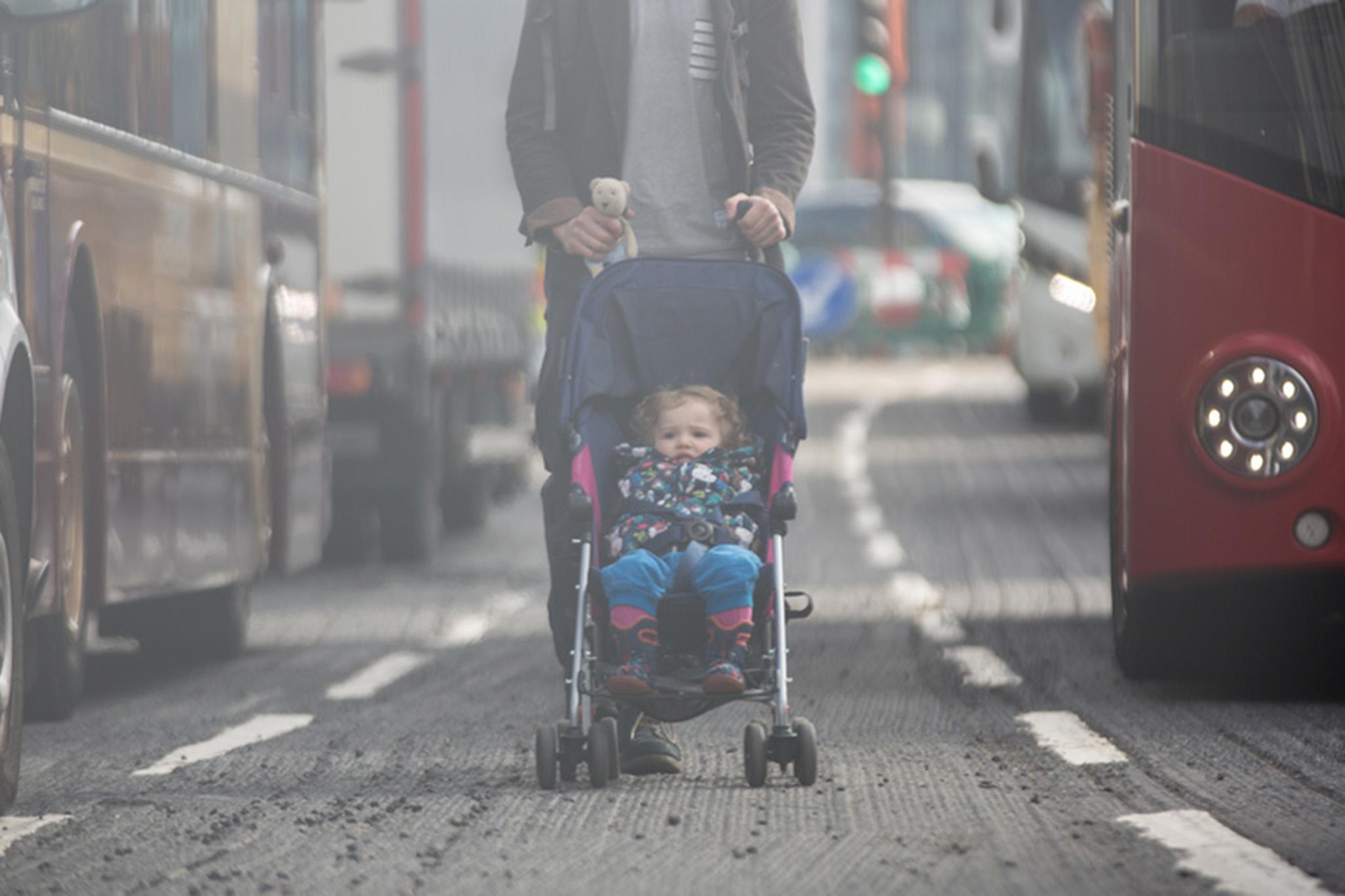What do tougher WHO air quality guidelines mean for the UK?
WHO has adjusted its air quality guidelines for the first time since 2005 with the goal of saving millions of lives from pollution. Daisy Dunne explores what this means for the UK


One in five. That’s how many deaths worldwide have been linked to air pollution from fossil fuels.
In the UK, air pollution is responsible for between 28,000 and 36,000 deaths each year – and some studies suggest that the true figure could be even higher.
To try to help tackle pollution’s deadly impact, the World Health Organization (WHO) on Wednesday set out more rigorous guidelines for how much pollution people can be exposed to.
The WHO’s guidelines recommend new air quality limits for several pollutants known to negatively affect human health: particulate matter, ozone, nitrogen dioxide, sulfur dioxide and carbon monoxide.
The tougher limits are based on six systematic scientific assessments considering more than 500 research papers. The latest scientific evidence shows that air pollution not only contributes to premature deaths, but to reduced lung growth and aggravated asthma in children and to a higher risk of diabetes, heart disease and stroke in adults, the WHO says.
Though not legally binding, the new rules offer a guide to governments across the world looking to reduce the impact of air pollution on their citizens. Meeting the new limits will require leaders to take tougher action against fossil fuel burning, heavy vehicle traffic and highly polluting industries.
In the UK, campaigners, scientists and politicians have long urged the government to commit to air pollution limits that are in line with WHO recommendations.
At the focus of campaigning efforts is fine particulate matter (PM2.5), a particularly harmful pollutant that can penetrate deep into the lungs. The legal limit for PM2.5 pollution in the UK is currently far above the guidelines recommended by the WHO.

Campaigning efforts were bolstered earlier this year when a coroner of an inquest into the death of a London schoolgirl called for the UK to commit to PM2.5 limits that are in line with those recommended by the WHO.
Ella Adoo-Kissi-Debrah lived close to the busy South Circular Road in south London and died following a severe asthma attack in 2013. A landmark inquest found that toxic levels of pollution near her home made a “material contribution” to her death – and she became the first person in the UK to have air pollution listed on her death certificate.
Her mother Rosamund has campaigned tirelessly to see the UK government adopt air pollution limits that are in line with those recommended by the WHO.
She and others have urged the government to include such limits in the Environment Bill, the UK’s long-awaited proposed legislation for how it will manage its land and environment post-Brexit.
Speaking on Wednesday, Rosamund says the tougher WHO air pollution guidelines present a “once-in-a-generation” opportunity for the government.
“There is no safe level of air pollution to breathe, but at least following the WHO’s new air quality guidelines will improve children’s health and set us on the path to achieving clean air for all,” she says.
“The UK government has a once-in-a-generation opportunity to protect children’s health now, by including air quality targets in the Environment Bill that follow the WHO’s guidelines. This bill will determine the quality of the air we breathe for the next 15 to 20 years – meaning that babies born today will grow up with it. We can’t let them down.”
Lauri Myllyvirta, the lead analyst at the Centre for Research on Energy and Clean Air, adds that meeting the new guidelines will “require a revolution in the energy sector”.
“The update to the guidelines is much needed, with the latest science showing severe health harm from PM2.5 and NO2 pollution far below the current 2005 guideline levels,” he says.
“Meeting the new guidelines will require a revolution in the energy sector. Emission standards for power plants, industries and vehicles will need to be tightened and much of fossil fuel- and biomass-burning will have to be eliminated.
“The prize will be millions of people living longer, healthier lives”.
A UK government spokesperson says “ambitious targets on air quality” will be set through the Environment Bill.
“We will consider the updated WHO guidelines on PM2.5 to inform the development of air quality targets, but we must not underestimate the challenges these would bring, particularly in large cities and for people’s daily lives,” the spokesperson adds.
Join our commenting forum
Join thought-provoking conversations, follow other Independent readers and see their replies
Comments